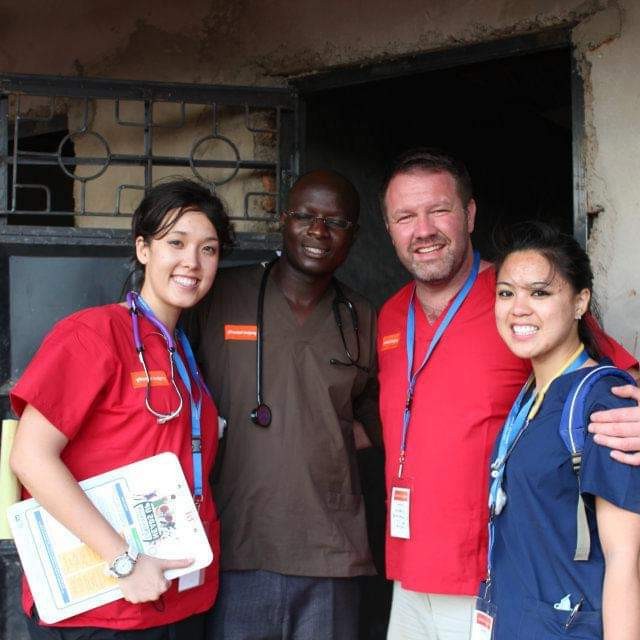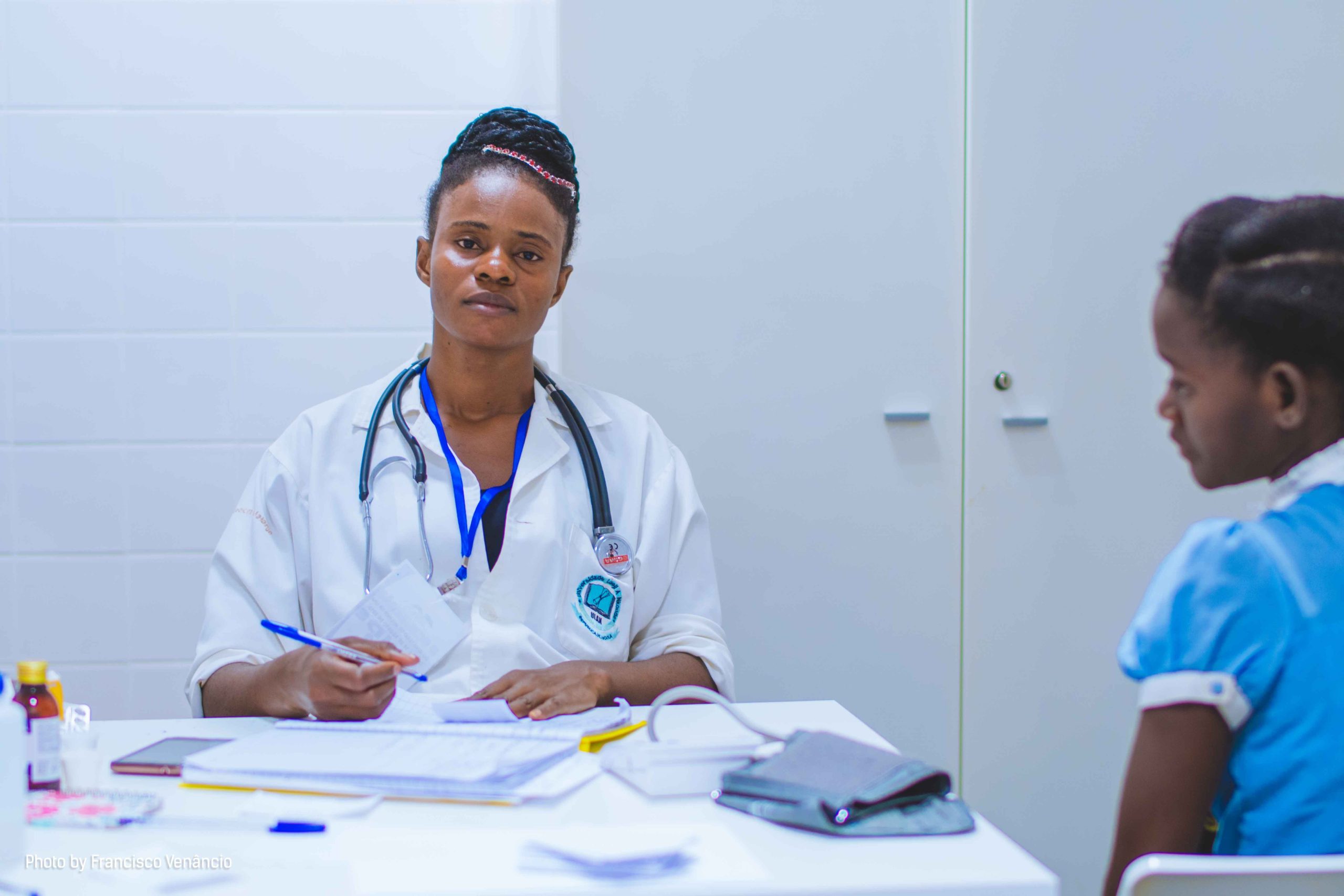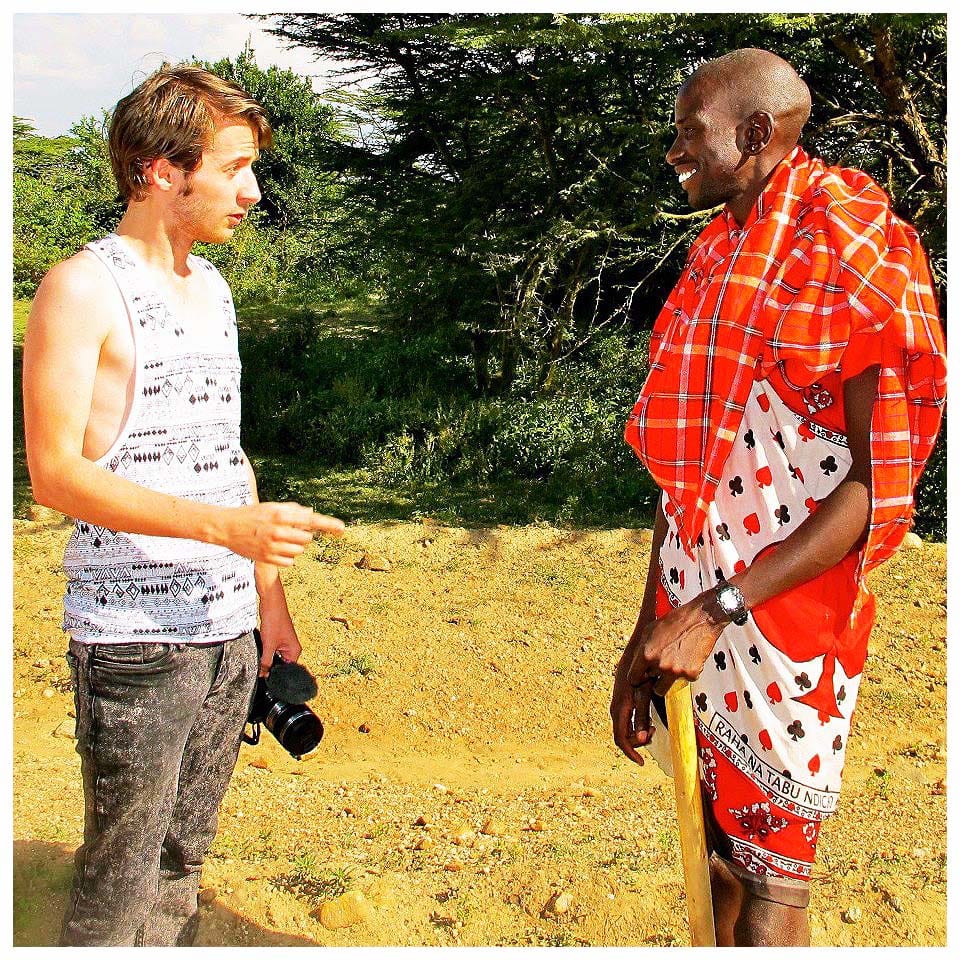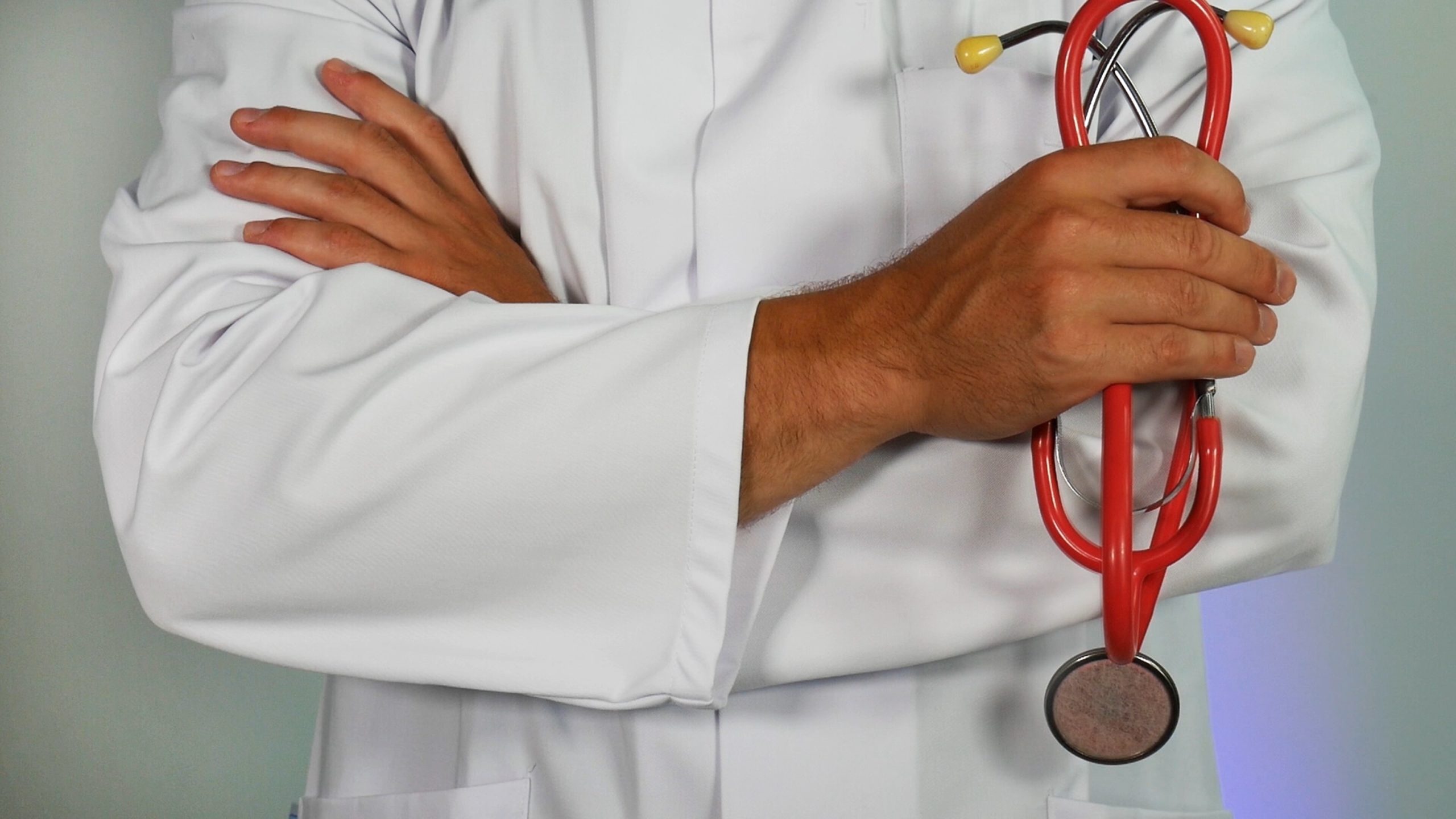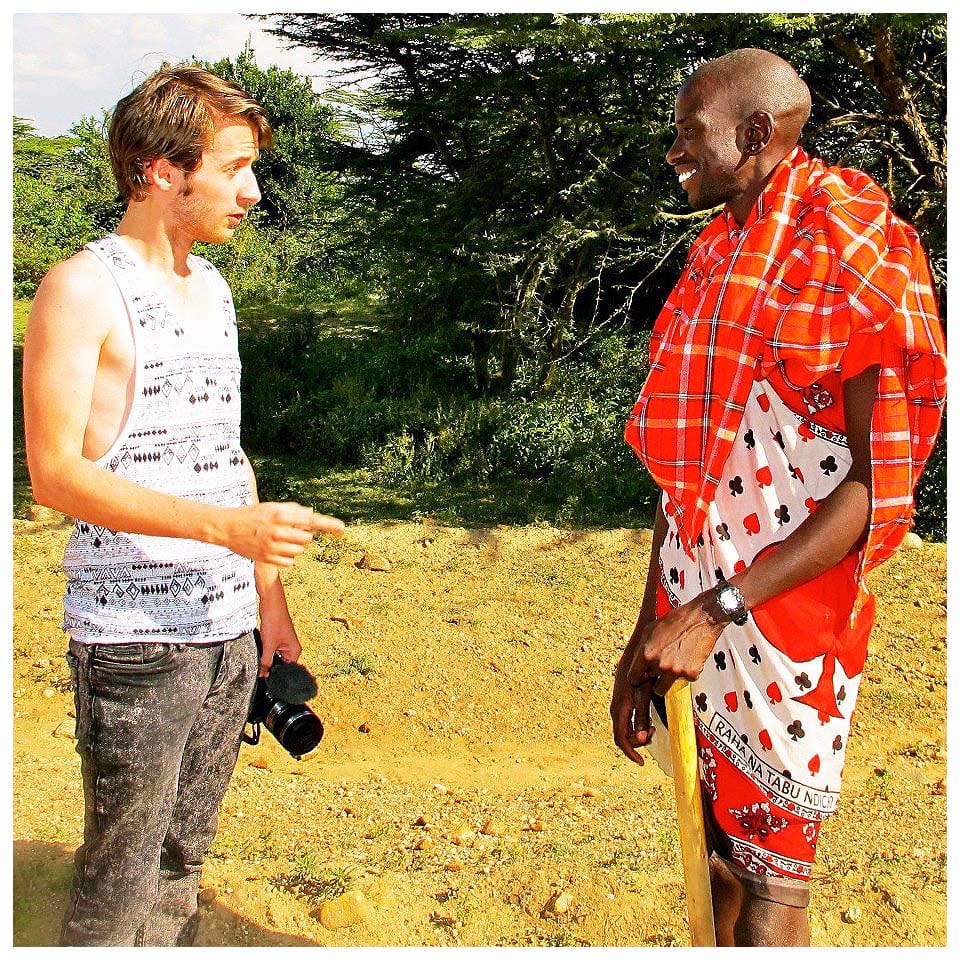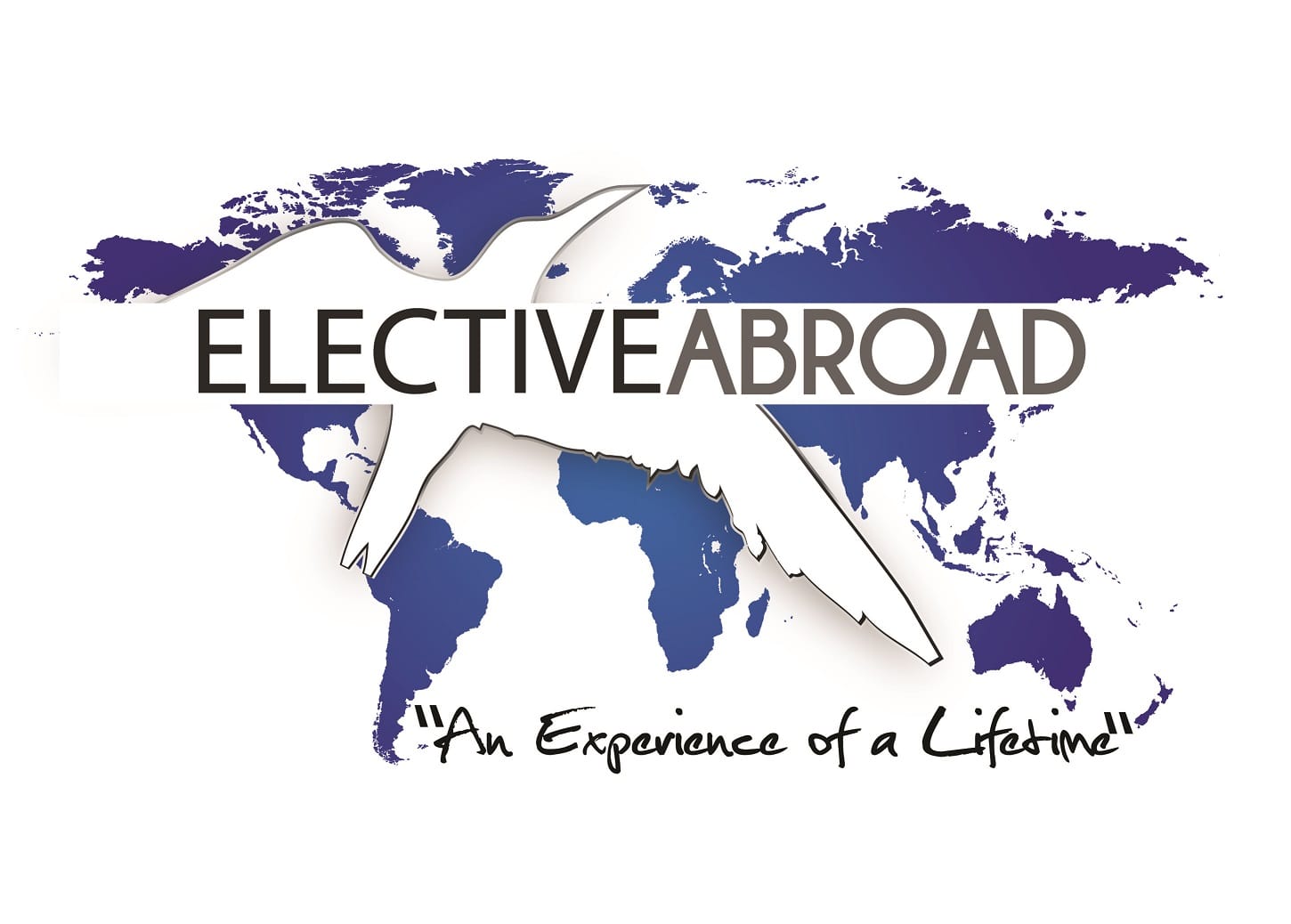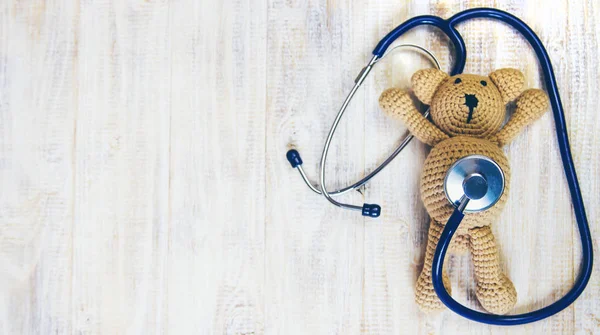
What Medical Advice do I need?
Students should get the latest medical advice on inoculations and malaria prevention before coming to Kenya. Malaria risk exists all year round. Immunization against yellow fever, polio and typhoid are usually recommended, but please consult your physician prior to travel
Is it safe to volunteer in Africa?
One of the key reasons for using Elective Abroad to facilitate and organize your elective or volunteering in Africa is that we take all measures to ensure your safety abroad. African people are friendly and warm towards foreigners.
Do you cater for groups or other specialist volunteers such as professionals?
Yes we do. All of our programs are suitable for groups or individuals. We can also tailor the program to suit group or individual preferences. So whether you are a corporate group, a researcher or a student seeking to volunteer in a specific area, we will design a program that will meet your specific requirements.
Can I do more than one placement?
Yes you can. This is especially so for volunteers on the Gap Year and Internship program or those who would like to volunteer for more than 3 months.
What happens when we first arrive?
This depends on your arrival airport. Our representative will be on hand to meet you, participants are advised to send their travel itinerary to Elective Abroad ahead of time.
What if I have a domestic connecting flight?
Participants are advised to go through immigration and then pick their luggage and proceed to the domestic departures for their connecting flights.
What if I arrive in the night and need to travel to another city for my placement?
We have specific hotels where we take our participants for overnight stays. Our representative will be on hand to pick you up and check you into the hotel. If students have to proceed on a long bus journey we recommend a two-night stay to allow for enough rest after a long flight.
Where will I stay?
Our volunteers typically live in a shared student house and upon request with a Kenyan host family. Most students prefer to stay at the shared house as this gives them an opportunity to interact and meet new friends. The home stays on the other hand offer an opportunity to learn more about African communities and cultures. We make efforts whenever possible to accommodate specific requests that a volunteer may have with regards to their preferred accommodation.
Do I have to speak the local languages?
No you do not. You will get a long extremely well with just English. However, it is helpful to learn some basic words and phrases commonly used. This will be covered during the training and orientation program.
Tell me about African food.
Foods served during your placement period include traditional African meals like ugali and sukuma wiki (corn meal and collard greens), githeri (maize and beans), irio as well as chapattis (flat bread). African meals also consist of other universal dishes such as beef, chicken, fish, rice, and pasta. Breakfast usually consists of bread, eggs, and tea. Fruits and vegetables are plenty in Africa and feature frequently in menu preparations. Locally grown coffee and tea are common beverages.
Is it safe to drink tap water in Africa?
No. It is generally recommended that you drink bottled water during your stay. You can buy bottled water from any supermarket and most shops. The most common water-borne diseases in Africa are typhoid, cholera, amoebiasis and dysentery. We have a constant supply of bottled clean water in the water cooler in our student housing.
How can I communicate with home when abroad?
Local sim cards can be readily purchased for your mobile phones upon arrival. Alternatively, there are several internet cafes around town where you can get internet access.
Is it possible to stay longer?
Yes. We can normally increase time at a project, and accommodation at short notice. You must, however, be aware that a longer stay may necessitate a visa extension and extra costs
What’s not included in the price?
Domestic flights, insurance and costs of getting your visa are not included. Additionally, if you choose the Safari supplement, the park entrance fee, meals to and from the safari and any overnight stays before or after the safari are not included in your trip. The safari supplement includes only the following:
- Full cost of transportation by van to and from the game reserve
- Two nights’ accommodation and food while on the actual safari in the game reserve
- A driver guide and van
How do I get a Visa?
Visas can be obtained on arrival at the Airport. All foreigners require a passport and a visa to enter the country.




